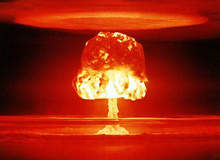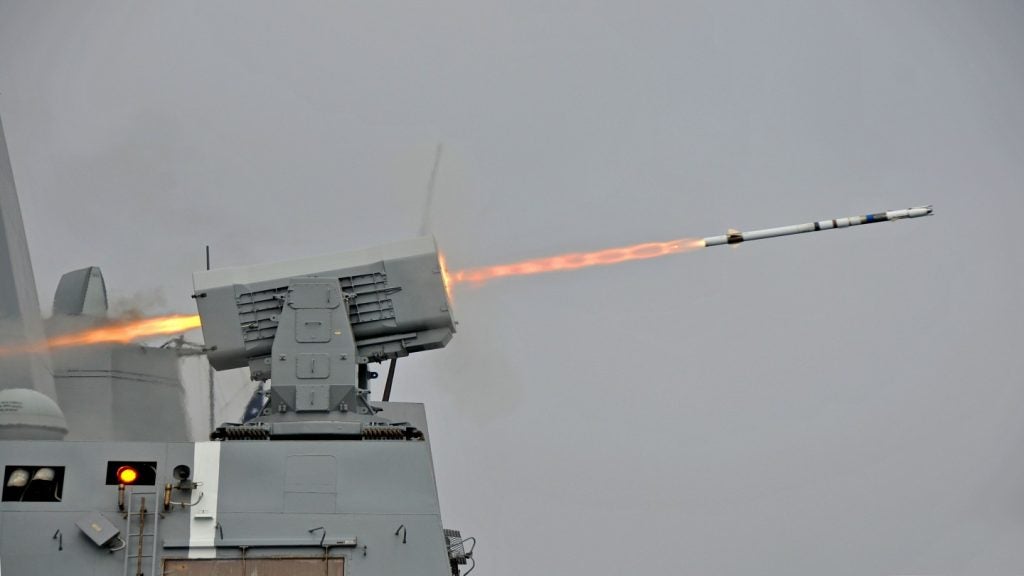
President Barack Obama unveiled a new nuclear posture review (NPR) ahead of the landmark nuclear treaty that was signed between the US and Russia in Prague, Czech Republic on 8 April 2010.
Each US administration is supposed to set out its own guidelines for the use of nuclear weapons, and for the first time, the US seemed to be leading the way.
The NPR radically changes the circumstances under which it would use nuclear weapons, but how much of a difference does it really make?
Here we list some of the key changes to the US's stance on nuclear weapons to come out of the review:
• The NPR outlines the US's plans to reduce its nuclear arsenal further than the new strategic arms reduction treaty (START), stating that no new nuclear warheads would be developed by the US.
• The US will only use nuclear weapons under "extreme circumstances" and will not use nuclear weapons to attack non-nuclear states.
• The US will not use nuclear weapons in response to an attack using chemical, biological or conventional weapons. This is the first time the nation has ever ruled out this option.
• The NPR does not rule out the use of nuclear weapons against countries that break the rules. This is aimed at states such as Iran and North Korea, with US Secretary of Defense Robert Gates saying if nations do not play by the rules all options are on the table.
• The review is heavily critical of the lack of transparency in China's nuclear programme but recognises the greatest nuclear threat is no longer from a state but from terrorists and extremists.
• The NPR is designed to encourage countries to abide by the rules of the 1969 Nuclear Non-Proliferation Treaty (NPT). The NPT, which currently has 189 signatories, five of which are recognised nuclear states, calls for countries not to develop nuclear weapons, and to disarm and use the technology for peaceful purposes.
• It is hoped the NPR will be a stepping stone towards US ratification of the 1996 Comprehensive Nuclear Test Ban Treaty, which calls for a ban on all nuclear explosions for military or civilian purposes.








